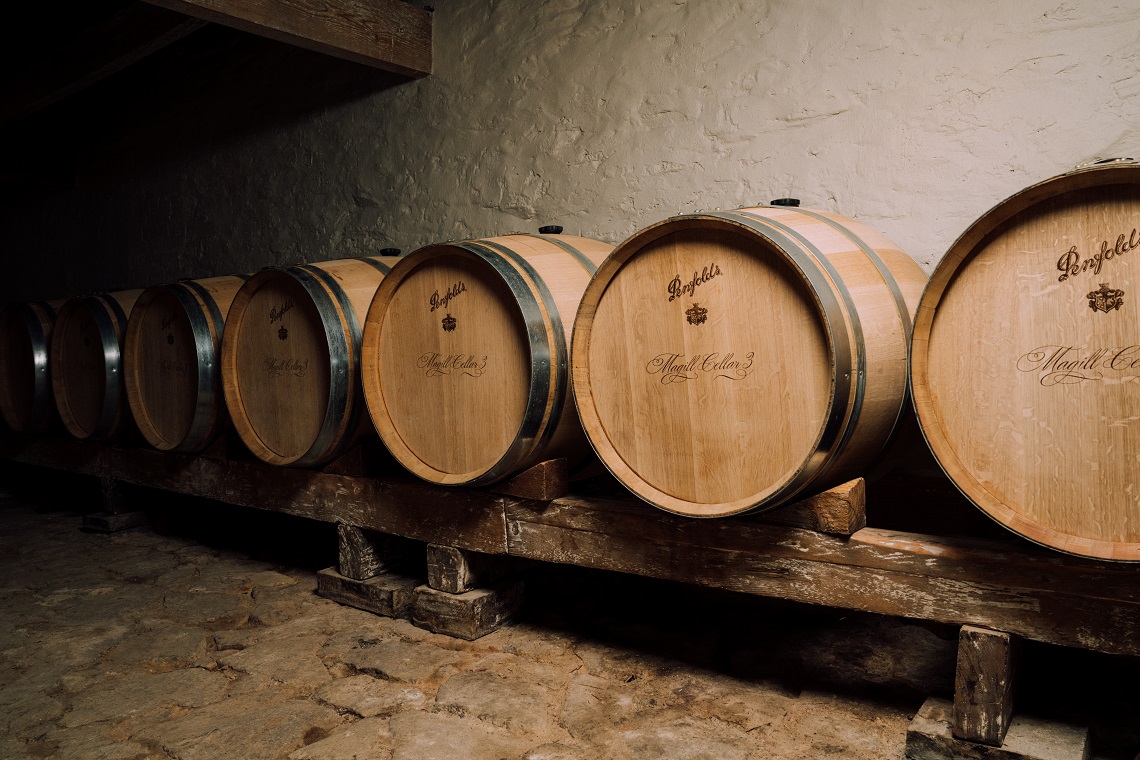Throughout this year you may have heard the term non-fungible token, or NFT, used a lot more often.
Essentially, an NFT is a blockchain based, non-interchangeable and hence unique and non-fungible, unit of data stored on a digital ledger (as explained by Forbes). Being ‘non-fungible’ means the token is unique and can’t be replaced with something else.
NFTs can represent any digitisable item and have often been used this year in the sale of digital art.
So, how can this relate to liquor?
NFTs allow for the sale of rare and unique alcohol products on a digital scale. The potential of this has already begun to be explored across the globe. One example is found in BlockBar, an NFT platform for wine and spirits. The site offers NFTs directly from luxury liquor brands, which correspond to a physical bottle, and the buyer has the ability to exchange the digital version for the physical version.
As noted on the BlockBar website: “In simple terms, consumers own the physical bottle, BlockBar stores it for them, and the digital version serves as proof of authenticity, verification of ownership, and the right to have the physical bottle delivered.”
Penfolds launches NFT
Australia’s own Penfolds was the first wine brand to launch an NFT with BlockBar, announcing the partnership last month. The brand launched a limited edition NFT tied to a rare Penfolds Magill Cellar 3 barrel made from vintage 2021, with a single barrel NFT to be converted into 300 bottle NFTs at the date of bottling in October 2022.
In the Penfolds example, the NFT is a digital receipt that verifies the ownership and authenticity of the barrel and subsequently the wine bottles. The barrel NFT can be resold or transferred via BlockBar, but cannot be redeemed before bottling. The bottle NFTs can also be resold or transferred in the same way, or can be redeemed for the physical bottle after the wine is released in October 2023.
In addition, the owner of the barrel NFT at the time of bottling will receive a personalised keepsake barrel head and the opportunity to engage in a selection of special experiences in October 2022, including private tastings, tours, and video updates.
Penfolds Chief Marketing Officer, Kristy Keyte, said at the time of launch: “This is our first venture selling wines via NFT and cryptocurrency, allowing us to connect and build relationships with new collectors, who buy and trade luxury wine in a completely new and refreshing way. The wine itself, Magill Cellar 3 from the 2021 vintage, is not available for public purchase making it the ultimate collector’s item.”
Dov Falic, CEO of BlockBar, added: “We believe the use case for authentication with blockchain technology is of utmost importance for the industry – with BlockBar consumers know they are buying authentic wine, direct from the brand owner.”
Top Shelf International launches Australian Agave NFT
An example of another Australian producer using NFTs in a different way is Top Shelf International (TSI). The company this week announced the launch of an Australian Agave NFT, a unique offer that will provide each owner with membership of an exclusive program around the TSI Australian Agave project.
Each token will be allocated 10 plants, personally selected by the project’s chief agronomist at the TSI agave farm in the Whitsundays. These plants will be cared for until they are ready to be distilled for the NFT owner via a micro batch process, which TSI says will create one of the rarest artisanal spirits in the world.
This micro batch process will only use plants from that token’s allocation, and will be purpose built alongside the farm’s main distillery and production facility. Drone technology will keep NFT owners updated on their plants, which they can choose from one of four fields.
TSI CEO, Drew Fairchild, said this was the next step in the premiumisation of global spirits.
“This NFT is unlike anything else that is currently available in the global spirits industry. To be able to purchase a token, have individual plants nurtured on your behalf and then receive the ultra-premium spirit from these plants positions the Australian Agave NFT at the forefront of innovation and creation,” Fairchild said.
“Only the owner’s personal agave plants will be used in their bespoke distillation, thus meaning each batch will never be re-produced. It is the ultimate expression of personalisation and the represents the first step in our ambition to forge a new frontier for agave spirits globally.
“This exclusive experience also provides a rare chance to be a part of history and participate in a pioneering agricultural project. We are also leveraging the security of blockchain technology to manage contracts digitally and provide potential liquidity for token holders.”
NFTs and the future
It’s been a big year for the visibility of NFTs around the world, and while they can be complex and hard to get your head around, this increasing visibility is helping consumers understand more about the benefits.
But that doesn’t mean that NFTs will replace the more traditional means of luxury alcohol sales, such as auction houses, specialty retailers and the glittering protective boxes that house the rarest products in select stores.
Nevertheless, it’s an interesting development in the way consumers are engaging with the most premium of products, and shows the valuable of verifiable authenticity.
NFTs also aren’t the only way that blockchain can be utilised in the liquor industry either. Thomas Green, Head of Growth at Intelcrypt, discusses this further at the Bloody Big Drinks Summit, which you can explore now.

